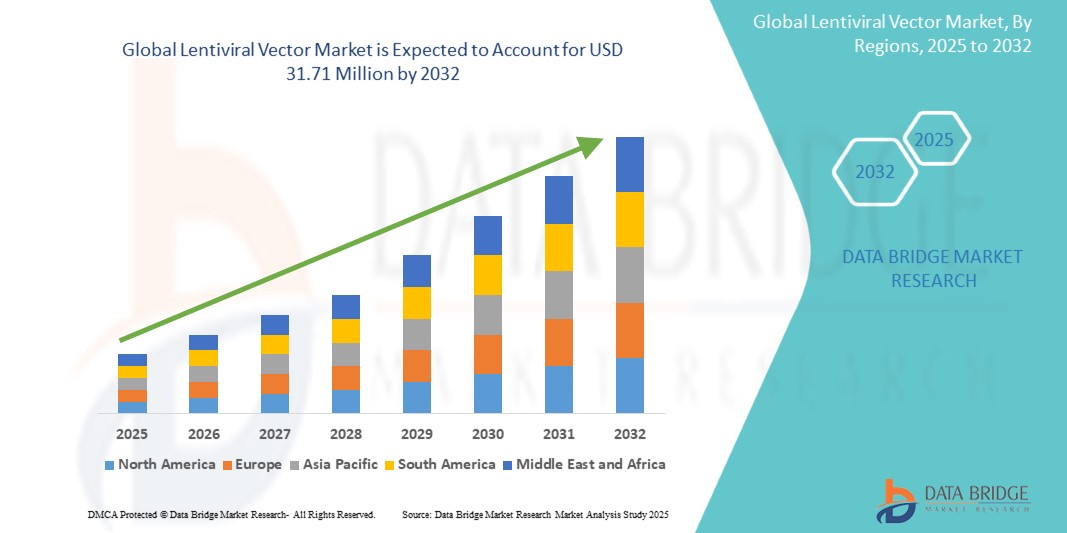Artificial Intelligence has become the backbone of modern marketing, empowering organizations to build predictable, data-driven, and scalable growth engines. The ability of AI to process massive datasets, uncover behavioral insights, and automate decision-making has revolutionized how businesses identify and engage potential clients. For companies aiming to accelerate B2B Growth, AI-driven demand generation is no longer an experiment but a necessity. By using predictive analytics, intelligent automation, and data science, organizations can forecast outcomes, personalize engagement, and drive consistent performance across all marketing channels.
Understanding Predictable Growth through AI
Predictability in B2B growth is built upon accurate forecasting and measurable outcomes. Traditional demand generation often lacks precision due to fragmented data and manual interpretation. AI eliminates these inconsistencies by automating the analysis of customer behavior and market trends. Machine learning models identify patterns in past performance and predict which marketing actions are most likely to generate results. This predictive intelligence allows marketing teams to plan strategies with confidence, optimizing campaigns for consistent performance rather than relying on assumptions. Predictability fosters accountability, enabling organizations to make informed investments that lead to sustained growth.
Turning Data into Actionable Insights
AI’s ability to transform raw data into actionable insights is central to its impact on demand generation. Modern B2B marketing ecosystems generate data from countless touchpoints such as email campaigns, social interactions, content downloads, and CRM systems. AI consolidates and analyzes this information to reveal hidden relationships between engagement behavior and purchase intent. For example, it can identify which combination of actions signals readiness to buy or which customer segments respond best to specific offers. With these insights, marketers can refine messaging, timing, and delivery, ensuring every touchpoint contributes to measurable B2B growth.
Predictive Analytics for Smarter Decision-Making
Predictive analytics is one of the most transformative applications of AI in marketing. By analyzing historical campaign performance and real-time engagement data, predictive models forecast future outcomes. They can estimate conversion probabilities, identify high-value accounts, and determine optimal campaign strategies. This capability enables B2B marketers to anticipate demand shifts, allocate budgets strategically, and minimize wasted effort. Instead of reacting to results after campaigns conclude, teams can make proactive adjustments to drive better performance. Predictive analytics ensures that every marketing initiative is data-informed, precise, and aligned with broader growth goals.
Automating Lead Qualification and Nurturing
Manual lead qualification often leads to inefficiency and missed opportunities. AI streamlines this process through predictive lead scoring, which evaluates prospects based on engagement level, fit, and behavioral data. Machine learning algorithms continuously update these scores as new data becomes available, improving accuracy over time. AI-powered nurturing systems then automate follow-up communication, sending tailored messages that align with each prospect’s position in the buying cycle. This automation ensures that leads receive relevant content at the right time, improving conversion rates and reducing sales cycle duration. By automating lead qualification and nurturing, organizations can scale efficiently without sacrificing personalization or quality.
Enhancing Account-Based Marketing Precision
Account-Based Marketing (ABM) relies heavily on targeting precision and personalized communication. AI enhances ABM by identifying accounts demonstrating in-market intent signals. These signals include online research activity, content engagement, and technology usage patterns. AI tools analyze this data to prioritize high-value accounts and recommend optimal engagement strategies. For instance, if multiple stakeholders within an organization are researching similar topics, AI can alert sales teams to initiate timely outreach. This level of precision allows B2B marketers to focus their efforts on accounts with the highest likelihood of conversion, maximizing ROI and accelerating growth.
Real-Time Personalization at Scale
Modern buyers expect relevant and personalized experiences at every touchpoint. AI enables marketers to deliver real-time personalization across channels including email, website, social media, and digital ads. By analyzing behavioral data and intent signals, AI systems dynamically adjust messaging and content to match each user’s preferences. For example, an AI-driven platform can recommend specific case studies, webinars, or demos based on an individual’s previous interactions. This continuous personalization builds stronger connections, increases engagement, and positions the brand as a trusted advisor rather than a generic seller.
AI-Powered Content Strategy for Consistent Engagement
Content remains at the heart of demand generation, but producing and distributing the right content at the right time requires precision. AI assists in every stage of content strategy, from ideation and creation to distribution and optimization. Natural language processing tools analyze trending topics and keyword performance to suggest relevant content themes. AI also evaluates content engagement metrics to identify which assets drive conversions and which need improvement. Over time, AI systems learn which messaging styles and formats resonate best with different buyer personas. This intelligence helps marketing teams maintain consistent engagement and drive steady B2B growth.
Forecasting Demand and Campaign Performance
Accurate forecasting is vital for predictable B2B growth. AI enables marketers to predict campaign performance before launch by modeling outcomes based on historical and contextual data. Forecasting tools assess how target audiences might respond to different creative assets, messaging, or timing. This foresight allows marketers to make data-backed decisions that reduce risk and enhance performance. Moreover, AI continues to track and compare actual results with projections, fine-tuning future forecasts for even greater accuracy. The ability to forecast demand generation outcomes builds operational confidence and supports long-term scalability.
Integration Across the Marketing Technology Stack
To fully realize the potential of AI, integration across the marketing technology ecosystem is essential. AI connects various tools including CRM, analytics, automation platforms, and content management systems to create a unified data environment. This integration allows marketers to maintain a complete view of the buyer journey and measure performance at every stage. By eliminating silos, AI ensures that insights flow seamlessly between teams, improving collaboration and strategy alignment. An integrated approach also enhances campaign efficiency, allowing for faster optimization and more cohesive messaging across channels.
Continuous Optimization and Adaptive Learning
One of AI’s most powerful traits is its ability to learn and adapt continuously. Unlike static marketing systems, AI evolves based on new data inputs and outcomes. It evaluates campaign results in real time, identifies what works best, and applies those learnings to future campaigns. This adaptive learning ensures that demand generation strategies remain effective in changing market environments. Whether adjusting targeting parameters or refining content recommendations, AI’s continuous optimization guarantees that campaigns stay relevant and efficient. This adaptability gives businesses the flexibility to scale sustainably while maintaining predictable results.
Ethical Considerations and Data Transparency
As AI becomes integral to demand generation, ethical implementation and data transparency become crucial. Businesses must ensure that AI models comply with privacy regulations and operate without bias. Responsible AI usage involves maintaining transparency about data collection methods and safeguarding user information. Building trust with prospects requires clear communication about how AI influences engagement and decision-making. Ethical AI not only ensures compliance but also strengthens brand credibility and customer relationships, supporting long-term business growth.
The Future of Predictable B2B Growth
The future of B2B demand generation lies in combining automation, analytics, and human creativity. AI will continue to refine how businesses forecast performance, engage audiences, and scale operations. As AI tools evolve, they will provide even deeper insights into buyer intent, emotion, and decision-making, allowing marketers to design campaigns that resonate on both rational and emotional levels. Businesses that adopt AI early and strategically will lead the next wave of B2B innovation, achieving growth that is both predictable and sustainable.
About Us
Acceligize is a global B2B demand-generation and technology marketing firm specializing in performance-driven lead generation solutions. Their services include content syndication, account-based marketing, intent and install-based targeting, and custom campaign strategies. Leveraging data science, technology, and human intelligence, Acceligize helps clients reach high-quality audiences and drive conversions across the full marketing funnel.


